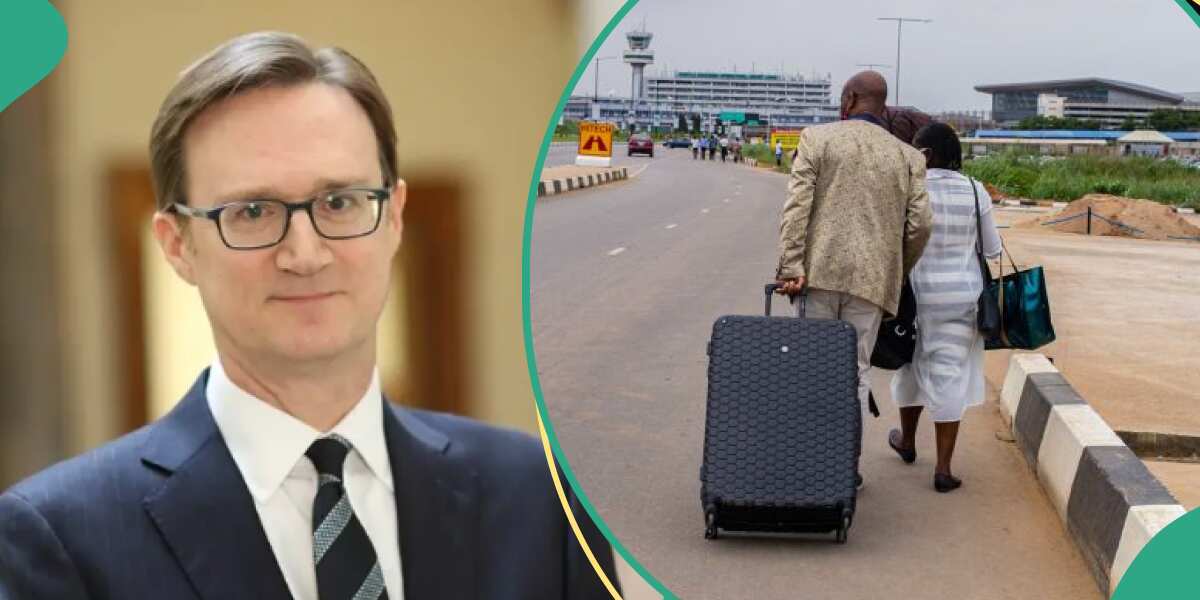





In Australia, an alliance of businesses, unions, and community organizations has expressed their frustration over the challenges faced by skilled migrants in gaining recognition for their qualifications. They have penned an open letter to the Australian Parliament urging immediate action on this issue. According to a report by the Productivity Commission in 2023, over a third of occupations are experiencing national shortages, marking a 5% increase from 2022 and a 17% increase from 2021. The sectors most affected include healthcare, engineering, and trades [0d478fcf].
Violet Roumeliotis, CEO of Settlement Services International, highlighted that nearly half of permanent migrants are working below their skill levels due to a cumbersome recognition system. The costs associated with this recognition can be exorbitant, exceeding $8,000 for dentistry and $10,000 for construction. For instance, Antonio Michell, a physiotherapist from Chile, has faced an eight-year delay in getting his qualifications recognized, illustrating the systemic barriers that skilled migrants encounter [0d478fcf].
The Activate Australia’s Skills campaign, which has garnered support from former Socceroo Craig Foster, emphasizes that enabling skilled migrants to work at their full capacity could significantly boost Australia's GDP by $9 billion annually. The alliance is calling for the establishment of a national governance system for recognition, the reduction of associated costs, and the creation of an online portal to help navigate the recognition process [0d478fcf].
Meanwhile, other countries are also grappling with labor shortages and the need for skilled migrants. Croatia, for example, has opened its doors to migrants from various countries to fill vacancies in construction and service industries, issuing nearly 120,000 work permits to non-EU nationals in 2023, a 40% increase from the previous year. The Croatian government is planning to amend laws to better regulate accommodation and provide language classes for these new workers [26f38bcb].
New Zealand has also tightened its visa regulations, introducing stricter rules for the Accredited Employer Work visa to manage migration levels and protect low-skilled workers from exploitation. The UK has expanded its list of licensed companies eligible to sponsor skilled workers, while Hong Kong is actively seeking to diversify its labor pool by attracting talent from Southeast Asia and Europe. Conversely, Poland has significantly reduced its issuance of visas for foreigners amid investigations into visa application fraud [b4aa9aa4][3abf3ae3][4d9c7fee][e660ce66].